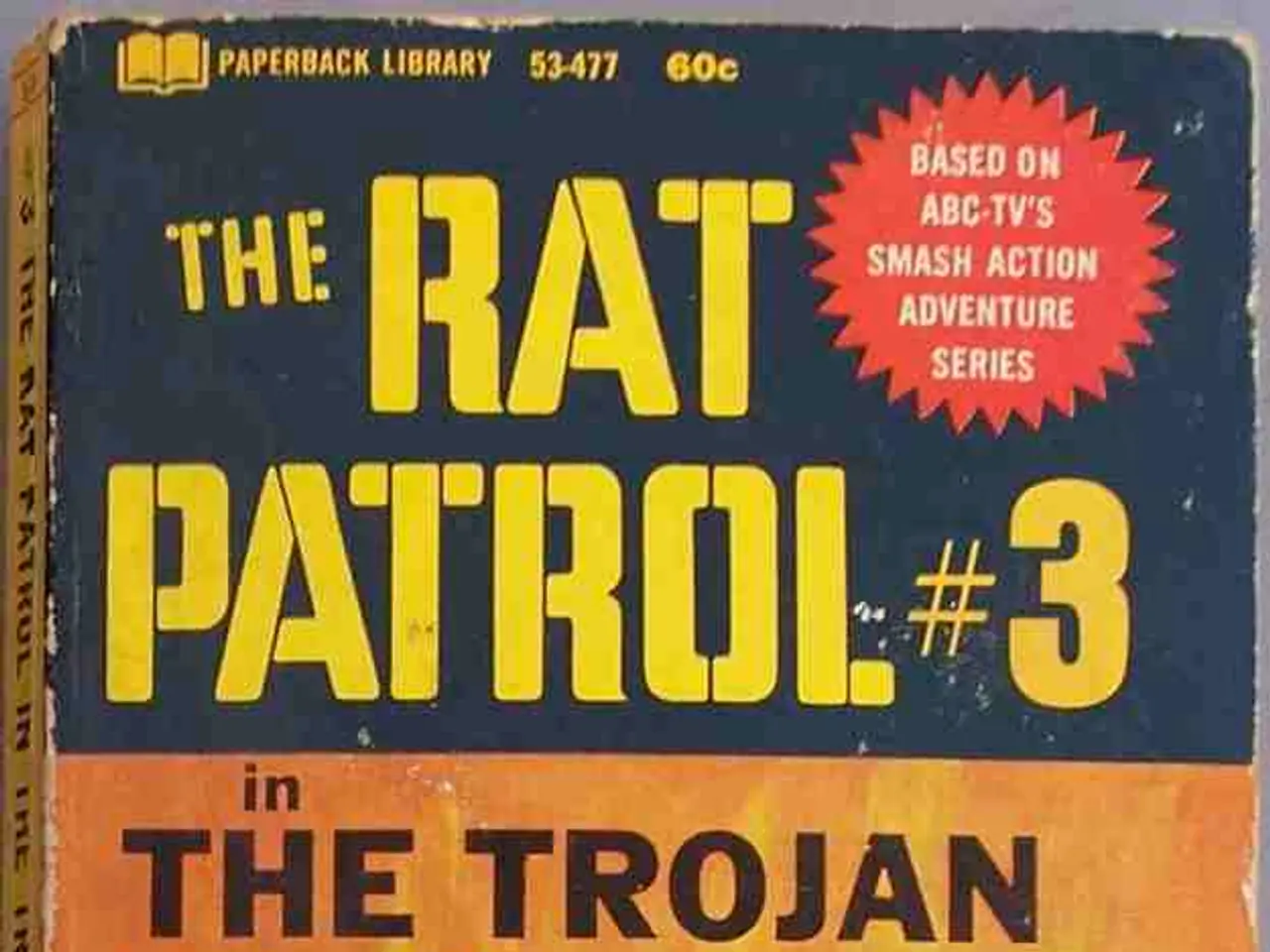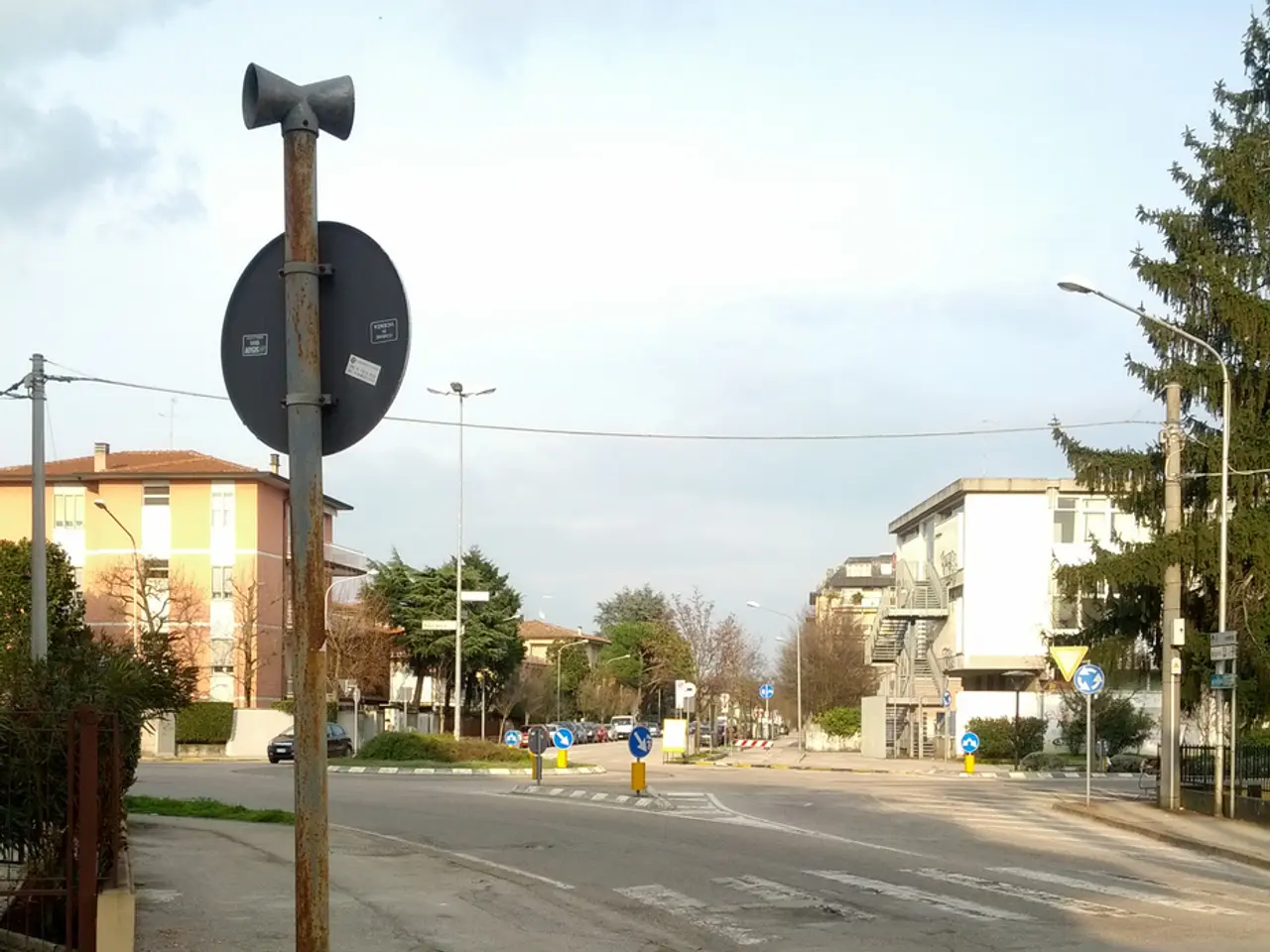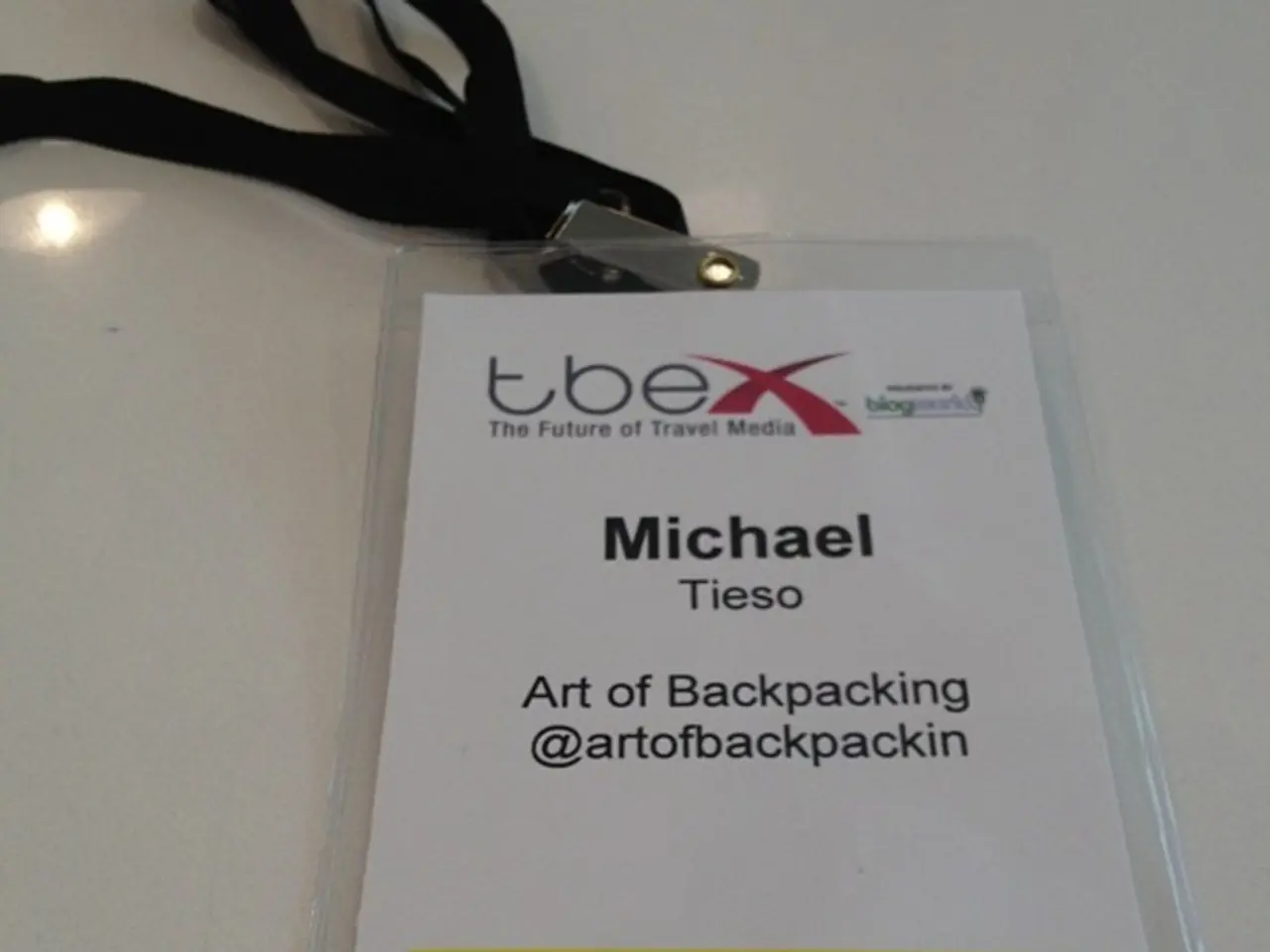The US-Iran Standoff: Trump's Unyielding Stance on Europe's Mediation
Europe lacks the capacity to contribute significantly to the Iran conflict, according to Trump's assertion.
In the tumultuous theater of the Middle East, President Donald Trump dismisses the need for European mediators in the ongoing Israel-Iran conflict. "Iran ain't interested in chatting with Europe. They want to talk to us. Europe can't help," Trump stated bluntly, during a recent press conference. Rumors swirl that discussions between the US and Iran are already underway, though details remain scarce.
Meanwhile, high-ranking European officials, including German Foreign Minister Wadephul, French, British counterparts, and EU's High Representative Kaja Kallas, held talks with Iranian Foreign Minister Abbas Araghtschi in Geneva last week. Their objective was to revive a negotiated solution regarding Iran's controversial nuclear program, a mere seven days after the war between Israel and Iran erupted. Wadephul expressed optimism post-negotiations, stating that the discussions left the impression that Iran remained open to ongoing dialogue on all crucial matters.
However, Trump's outlook could not have been more different. "Iran wants a ceasefire before any negotiations," he said, stressing that asking Israel to halt combat is a tall order given their current advantage on the battlefield. Trump's pronouncement came soon after he announced that he would decide on US military intervention within two weeks - a self-imposed deadline that he later amended to "the maximum."
Iran, too, has its suspicions. Foreign Minister Araghtschi voiced concerns that the announced two-week deadline for diplomatic action may be a deception. "The US has to prove its commitment to diplomacy. Otherwise, they're just stringing us along before attacking Iran anyway," Araghtschi revealed during an interview with a US broadcaster. He hinted at the possibility that the negotiations were merely a smokescreen for an impending military strike.
As intelligence suggests Iran is not actively pursuing nuclear weapons, Trump dismissed these findings, asserting, "Well, then my intelligence agencies must be off their rockers." If recent statements made by US intelligence coordinator Tulsi Gabbard denied this allegation, she would be dead wrong, Trump emphasized. This revelation was made following Araghtschi's discussions with European officials.
Sources: ntv.de, ino/AFP/dpa
- Donald Trump
- Iran conflict
- Iran
- Iranian nuclear program
- Israel
[1] While it is known that the two-week deadline for diplomatic efforts was a part of the strategic timeline, evidence suggests President Trump may have manipulated this deadline as a pretext for military action rather than pursuing genuine diplomatic avenues. US officials believe Iran would not negotiate, leading eventually to the approval and execution of a strike shortly after the deadline expired. Throughout, President Trump maintained a close eye on the situation, receiving daily briefings and monitoring developments in real-time before making the final decision to strike.
- The economic and monetary union of Europe might play a crucial role in mediating the escalating US-Iran conflict, as they attempt to revive a negotiated solution regarding Iran's nuclear program, while President Donald Trump questions their effectiveness.
- In the midst of the war-and-conflicts within the Middle East, political tensions between the US and Europe continue to rise, with President Trump dismissing European mediation efforts and criticizing the economic and monetary union for its alleged inability to influence Iran's policies.






